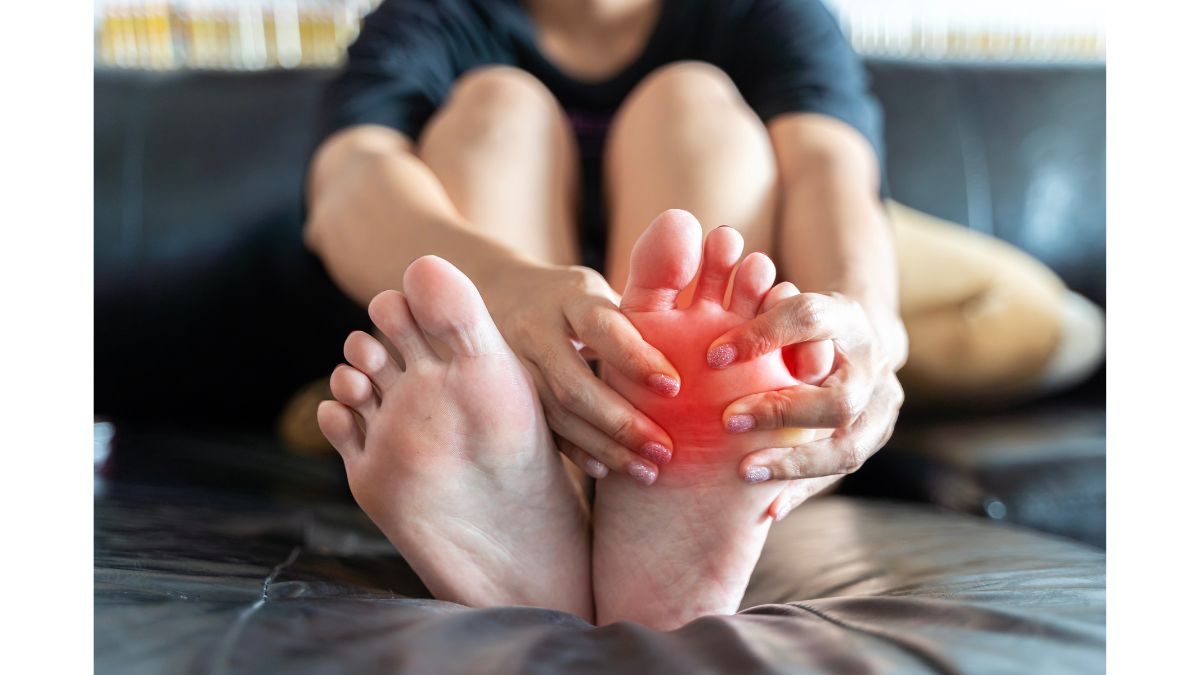- By Prerna Targhotra
- Tue, 20 Feb 2024 02:04 PM (IST)
- Source:JND
Signs Of High Uric Acid: Hyperuricemia is a very common health condition which is usually diagnosed after gout or kidney stones cause symptoms. High uric acid levels can be a condition where the body makes too much uric acid or may not be able to get rid of enough of it or both. Opting for healthier food chives can be effective in treating high uric acid levels. But before that, it is important to identify the signs of high uric acid. Here are some warning signs of high uric acid.
Watch the video below about how to control high uric acid:
Signs Of High Uric Acid
Gout
Also known as gouty arthritis, gout is triggered by high uric acid levels. A drop in uric acid levels can also cause gout. Gout affects any joint in the body but first appears in the large foot. Feet, ankles, knees, and elbows are also common sites of gout.
ALSO READ: 5 Amazing Benefits Of Applying Coconut Oil On Body
Kidney Stones
According to Mayo Clinic, kidney stones are hard deposits made of minerals and salts that form inside your kidneys. Kidney stones can affect any part of your urinary tract, from your kidneys to your bladder. Often, stones form when the urine becomes concentrated, allowing minerals to crystallise and stick together.
Swelling

Signs Of High Uric Acid (Image Credits: Canva)
Sometimes either your body produces too much uric acid or your kidneys excrete too little uric acid. When this happens, uric acid can build up, forming sharp, needlelike urate crystals in a joint or surrounding tissue that cause pain, inflammation and swelling, states Mayo Clinic.
Urinary Problems
Urinary tract infections (UTIs) are a common symptom of high uric acid. You may experience frequent urges to urinate, as a result of high uric acid levels.
ALSO READ: 5 Reasons Why You Must Add Turmeric To Your Diet
Hypertension
The WHO states that hypertension (high blood pressure) is when the pressure in your blood vessels is too high (140/90 mmHg or higher). It is common but can be serious if not treated. People with high blood pressure may not feel symptoms. The only way to know is to get your blood pressure checked.
(Disclaimer: This article is for informational purposes only. It is not a substitute for professional advice, diagnosis or treatment.)

